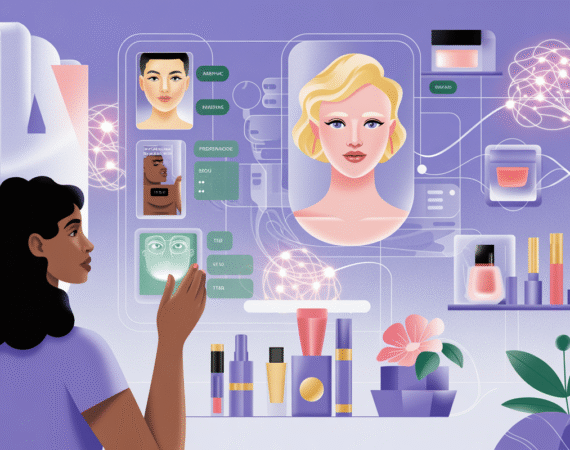AI Voice Cloning: The Alarming Surge in Scams and Disinformation
Imagine receiving a panicked call from a loved one, their voice distraught, asking for urgent financial help. Or perhaps a message from your CEO, their familiar tone demanding a wire transfer. In an increasingly digital world, these scenarios are becoming terrifyingly real, thanks to rapid advancements in Artificial Intelligence (AI) voice cloning. This powerful technology, capable of replicating a voice from as little as three seconds of audio, is not only facilitating a surge in sophisticated scams but also raising serious concerns about the widespread dissemination of disinformation.
The Astonishing Power of AI Voice Cloning
The core of this new threat lies in sophisticated AI algorithms that can analyze vocal patterns – including timbre, pitch, accent, and cadence – and then generate entirely new speech in that voice. What once required extensive audio samples and complex processing can now be achieved with remarkable speed and minimal input. This ease of access and remarkable realism make AI voice cloning an incredibly potent tool, unfortunately often in the wrong hands.
From a technological standpoint, it’s a marvel. From a cybersecurity perspective, it’s a ticking time bomb. The ability to perfectly mimic someone’s voice shatters one of the most fundamental layers of trust in human communication: the voice itself.
The Dark Side: Impersonation Scams on the Rise
The most immediate and pervasive danger of AI voice cloning is its use in fraud and impersonation scams. Criminals are leveraging this technology to orchestrate highly convincing phishing attacks. Common tactics include:
- Grandparent Scams: Callers impersonate a grandchild in distress, needing money for an emergency like bail or medical bills. The cloned voice adds a layer of emotional manipulation that makes these scams incredibly difficult to detect.
- CEO Fraud: Impersonators call employees, mimicking the CEO’s voice, demanding urgent, unauthorized financial transfers or sensitive data.
- Ransomware and Extortion: Threats are delivered in the voice of a known individual, adding weight and perceived authenticity to the demands.
These scams prey on human emotion and urgency, bypassing traditional security measures that rely on visual verification or a simple mental check of a voice’s authenticity.
Eroding Trust: Voice Cloning and the Spread of Disinformation
Beyond financial fraud, AI voice cloning presents a profound challenge to truth and public trust. The technology enables the creation of highly convincing ‘deepfake audio’ – fabricated recordings of individuals saying things they never did. This has severe implications for:
- Political Manipulation: Fabricated speeches or statements by politicians could be used to sow discord, influence elections, or spread propaganda.
- Journalistic Integrity: Disinformation campaigns could use cloned voices of reputable journalists or experts to legitimize false narratives.
- Reputation Damage: Individuals, public figures, or even companies could face severe reputational harm from fabricated audio content.
The line between reality and fabrication blurs, making it increasingly difficult for the public to discern what is genuine, leading to a breakdown of trust in media and public discourse.
Safeguarding Your Digital Life: Tips to Avoid Falling Victim
As this technology evolves, so too must our vigilance. Here are key steps to protect yourself and your loved ones:
- Verify, Verify, Verify: If you receive an urgent call or message, especially one asking for money or sensitive information, always verify the identity of the caller through a different, known channel (e.g., call them back on a number you know is theirs, or text them separately).
- Establish a Safe Word: For family members, consider creating a secret ‘safe word’ that can be used in urgent situations to confirm identity.
- Be Skeptical of Urgency: Scammers thrive on creating a sense of panic. Be wary of any call demanding immediate action without time for verification.
- Secure Your Data: Be mindful of what audio content of your voice is publicly available online.
- Educate Yourself and Others: Spread awareness about AI voice cloning and its dangers among your network.
AI voice cloning is a powerful tool with immense potential for good, but its misuse poses a significant threat to our digital security and the integrity of information. As technology continues to advance, the onus is on us – individuals, tech companies, and regulators – to understand these new risks, implement robust defenses, and foster a society equipped to navigate the complex landscape of digitally manipulated realities. Staying informed and exercising caution are our strongest defenses against this evolving threat.


